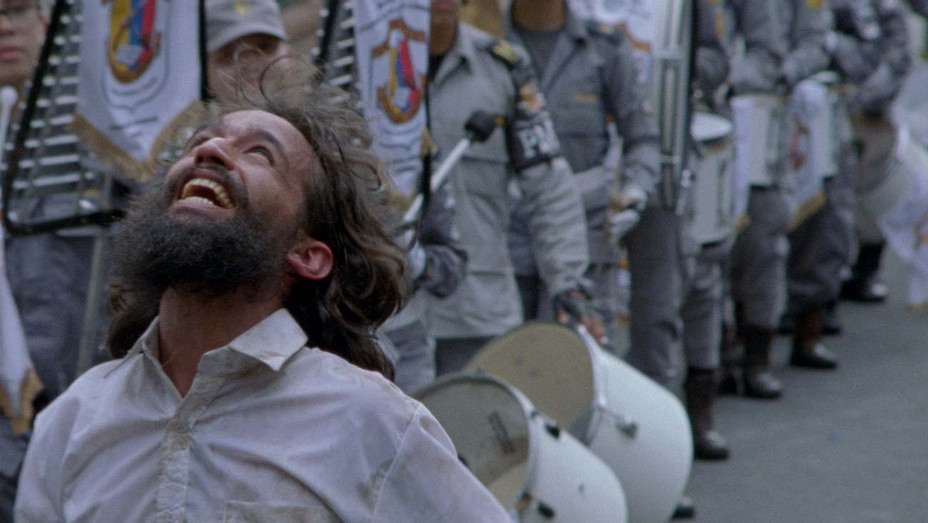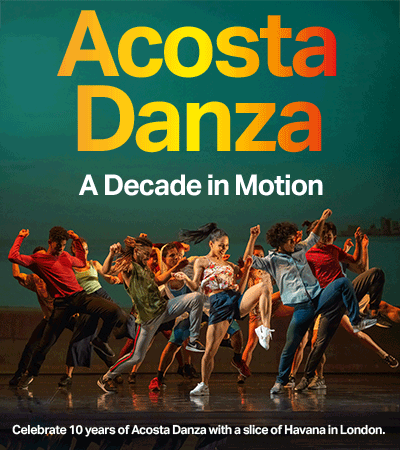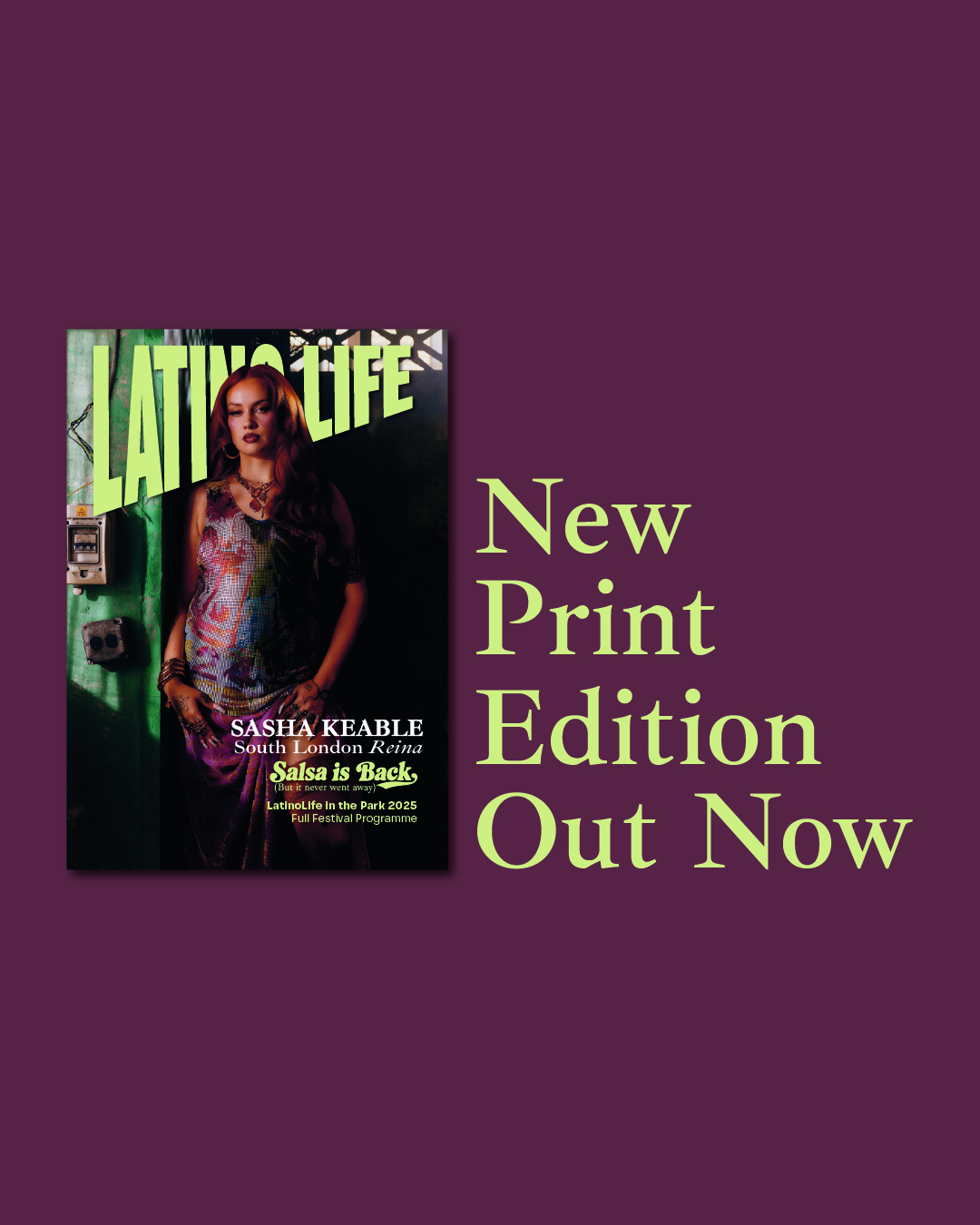'Los Conductos’ describes the mental state of a young man, Pinky (Tuerquita) played by Luis Felipe Lozano (who has all the appearance of a messiah himself). As Restrepo describes it: -
“Pinky searches for the light at the end of the tunnel, but the ghosts are breathing down his neck. He is running for his life while Colombia burns, but Colombia is alive!”
Ravaged by a drug habit, Pinky scrambles a marginalized existence after having managed to escape a dangerous religious cult of ‘the chosen’, having assassinated the controlling leader of the sect. The guru or ‘Father’, as he liked to be called, manipulated his followers, persuading them to justify their illegal activities and killings by twisting and misinterpreting the gospel, religious beliefs and dogma. The faithful, largely outcasts who had been unable to find themselves a place on society, were easily groomed to follow his profitable activities via delinquency and murder. With a persistent narrative voice- over, we follow Pinky everywhere as he questions the morality of society: -
“… ‘the world’ existed for us like matter that was there for us to use as we wished, because we were ‘the chosen’…the only ones who knew how to mould it …to kill, to steal, to dominate, was the force we needed for transformation, a way of striking the iron to forge it.”
The followers were expected to be docile and obey all the ‘Father’s’ orders, even when he called for violence, they had to be ready to sacrifice themselves for the good of all and the ‘Father’. Doubters were not tolerated and had to be eliminated. Pinky, (or Tuerquita, which actually means Little Screw, called NUT in the subtitles) is haunted by his experiences. He tries to flee his nightmares and release himself from the constant threat of violence with which he has lived and remains tormented by his fears, his ghosts and the memory of his ‘Father’s’ sermons which he has not managed to erase from his mind.
 Luis Felipe Lozano and Fernando Usaga Higuita
Luis Felipe Lozano and Fernando Usaga Higuita
Restrepo has tried to penetrate this disturbed state of mind with experimental imagery, a claustrophobic sense of permanent darkness and dereliction. He stresses that it is a fiction film. He was determined to break away from any attempt at realistic cinema, which, as he points out, has been a strong characteristic of Latin American Cinema. But he fails to totally stray from realism or direct political comment, as the narrative in the voice-over is continually stressing the dire state of the Colombian people: -
“Thieves and beggars are the ones who spit in the eyes of honest citizens and make them all blind - they are like rats that come out of the drains to attack people …Did you now that the spit of a beggar could blind you? They will burn this shitty city in their smoke … no one knows who they were when once, they were someone… they burn their past and only live to continue the damage…They are the black and dirty zombies that will die stabbed by a dealer or be shot from the mafia… from that drug that they sell and consume…”
Even at the end of the film, there is a strong message in print on the screen, relevant to the lack of support of the state for its people, by Gonzalo Arango: -
“… when will Colombia stop killing its sons, instead of giving their lives some dignity worth living for? If Colombia cannot reply, I predict that misfortune and revenge will return and the earth will be flooded with blood, pain and tears again.”
Strong words, so the abstraction of the experimental techniques cannot totally erode his desire to communicate this powerful message. He is, in a sense, reiterating the message that he conveyed in his 2015 short: ‘La Impresión de una Guerra’, where he explored Colombia’s difficult past. The film deals with the fact that for over 70 years Colombia has been subject to an internal armed conflict whose demarcation lines seem to have become blurred over time. An insidious creeping violence has gradually pervaded the whole of society. Impossible as it is, to tell this story in one unified narrative, the history behind this violence seems to take form through a multitude of traces.
Restrepo has made a huge effort to convey these difficult subjects without being too heavy-handed, however, voice-overs can be seen as a less engaging way to film, by telling, rather than showing. This is a shame. In ‘La Bouche’, he plays with images linked to sounds that do not apply, creating a powerful sense of unease, as he shines his light on violence against women in Africa: -
La Bouche (2015)
In ‘Los Conductos’, there is an artistic plasticity in the use of close-up shots that create a sense of being unable to see beyond, with resulting claustrophobia, which, in this case, is what is going on in Pinky’s mind. Restrepo avoids any classic descriptive visuals. There are elaborate panning sequences, hypnotic never-ending highways, out-of-focus takes and rapid camera movements that all combine in an original dialectic, but he still has to rely on a narrator to tie it together. Pinky moving about on his motorbike, constantly circulating in darkness onto highways and into tunnels, surrounded by human detritus, or wandering around abandoned warehouses, is mesmerising and narcotic. But it remains hard to follow what there is of a storyline. If you are unable to become immersed in the dreamy, or should I say nightmarish, quality of the film, then it could mean that you would find it hard to empathise with the main character. We pick up the suffering of his past existence through a spiderweb of images, words and the existential vacuum that Pinky inhabits. One is left with the feeling that Restrepo does not quite ‘trust’ his audience.

Luis Felipe Lozano as 'PInky'
He plunged into this experimental film, playing with visuals and non-linear storytelling and I am not convinced that it has been that successful. It is a difficult trajectory for a director to take on in a feature film, but enveloped in delirium and hallucinations as it is, it is definitely adventurous and daring. To many, he is now considered one of the most interesting and talented film makers to emerge from Latin America for some time.
‘Los Conductos’ (2020) Written and Directed by Camilo Restrepo
Produced by
5à7 Films, Helen Olive & Martin Bertier
Mutokino, Felipe Guerrero
CAST
Pinky- Tuerquita Luis Felipe Lozano
Desquite Fernando Úsaga Higuíta
The GWFF Award includes a €50,000 cash prize, to be split between the Producer and Director of the winning film, as well as a gift to the director of a high-quality viewfinder, This is not only a memorable souvenir, but an extremely useful tool for any film maker. This GWFF award is the equivalent of the ‘Camera d’Or’, which is given at the Cannes Film festival for the Best Feature Film in one of their ‘selections’ (Official selection, Director’s Fortnight or international Critics Week).


















